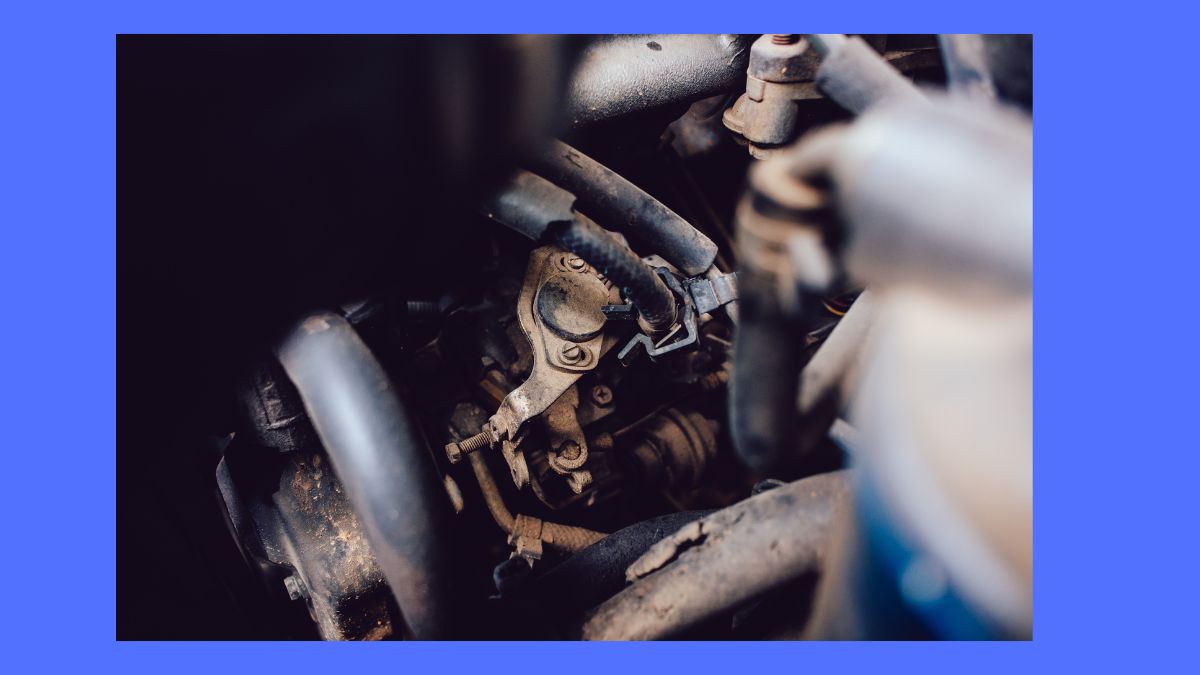Top Reasons To Monitor The Engine Of Your Truck
Do you monitor the engine of your truck? If so, why do you do that? The engine is the powerhouse and the brain of your truck. It is where combustion takes place, and a number of sensors are within the engine. Its temperature can sometimes fluctuate depending on the conditions under which it is operating. However, the temperature of the engines should be roughly between 195 degrees and 220 degrees. The temperature gauge needle should maintain a stand in the middle.
Causes of High Engine Temperature
High temperatures are risky for your engines, and it is thus necessary to monitor the engine temperature of your truck. Here are the common causes of the rise in your engine’s temperature.
Coolant Leakage
When the truck’s coolant leaks, you will feel a sweet smell and see a colored fluid from your truck. Leakages reduce the quantity of the coolant, and as a result, your truck will heat up.
Less or Old Oil
Engine oil plays two significant roles, lubricating all the moving parts within the engine and cooling the engine. When its quantity goes down, it will not perform these roles. Besides combustion, too much friction will exist in the engine leading to an increase in the engine temperature.
Faulty Radiator
The radiators cool the hot coolant from the engine. When the radiator fan is faulty, it will not cool down the hot coolant from the engine.
Faulty Thermostat
The truck thermostat regulates the temperature, just like the thermostat in a home. However, when the thermostat fails, it causes harm to the engine since the coolant doesn’t flow effectively.
Effects of High Engine Temperature
Engine knocking
Engine knocking is a result of premature engine combustion inside a cylinder. It adds a lot of strain and stress to the engine. It is risky to continue driving when the engine detonates as it may damage the rings, piston, and rod bearings. Thus, regular checking may reduce the rate of engine detonation.
Cracking of cylinder heads
When the engine is overheated, cylinder heads expand and may crack with time. In the case of Aluminium, a common material for making cylinder heads, it swells three times faster than cast iron when exposed to high temperatures.
The Explosion of The Radiator
When the engine temperature is high, the coolant boils. Hot coolant can lead to the explosion of the lead of the radiator tank. Hoses can blow off their clamps and even burst. When such happens, your radiator will be ruined, and you might end up replacing the entire cooling system.
Cracks On the Engine Block
The cylinder heads cause the engine, gaskets, and pistons to expand and contract. Cracks form as a result of the contraction and expansion of the machine as it overheats for an extended period. They lead to fluid leakage and loss of compression.
Conclusion
It is essential to monitor the engine temperature. For this reason, modern engine trucks have a temperature sensor that monitors the engine’s working temperature and notifies you when it is high or low. When it is high, consider checking if the abovementioned areas work perfectly.
The engine temperature drops, especially during winter. When this happens, fluids within the engine might freeze. During cold seasons, it is necessary to turn on your truck and let the engine warm up.



